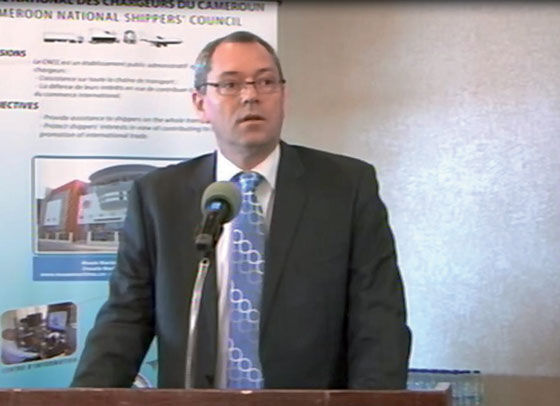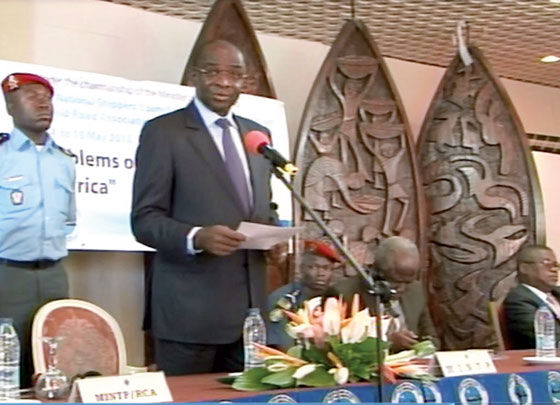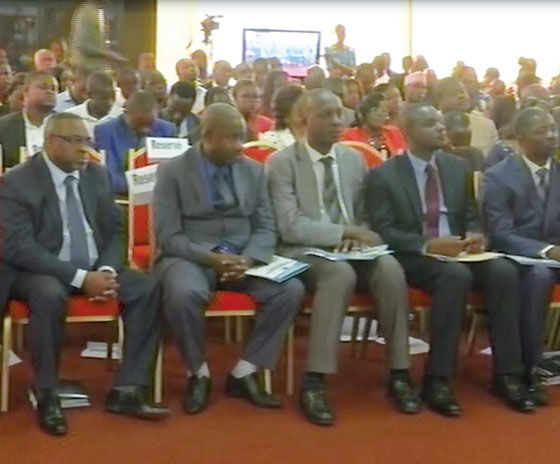International Seminar "The problem of Freight Transport by road in Africa"
14-15 May 2015, Yaoundé (Cameroon)
The International Seminar on the "Problem of Freight Transport by road in Africa" was organized by the Cameroon National Shippers' Council (CNSC), in collaboration with the Technical Committee 2.3 Freight Transport and the Ministry of Public Works of Cameroon.
Preparatory Document for the International Seminar
Summary of the Seminar
The aim of this seminar was to review the major problems encountered in freight transport by road in Africa, with due allowance particularly for their economic, commercial, logistic and legal aspects and to propose possible avenues of solutions to curb the difficulties identified in a bid to improve the potential of this business that may earn substantial growth to African economies. Over 250 experts and actors of the transports and international trade fields drawn from both the private and the public sectors, of at least sixteen countries of Africa, Europe and Oceania, attended the meeting.
During the opening ceremony, before the solemn opening address by Honourable Patrice AMBA SALLA, Minister for Public Works of the host country, a welcome speech was made by Mr Auguste MBAPPE PENDA, General Manager of the CNSC, followed by an intervention of Mr. Don HOGBEN, World Road Association TC 2.3 Chair. All three speakers expressed delight over the holding in Africa of a seminar of this magnitude, on a particularly sensitive issue for African countries where road infrastructure, due to their major role in the movement of goods and persons, remain a key development tool. The Minister of Public Works of the Central African Republic attended also this ceremony.
The first session, aimed both at assessing the economic stakes of freight transport by road in Africa and at taking stock of road transit corridors, specifically laid emphasis on the share of road transport in freight transportation, on overload as the main cause of road degradation and on the paper burden experienced by transporters on the corridors.
To stress the importance of projects planning, the second session laid special emphasis on planning as a top-notch tool for road development, on road financing and finally on the importance of road maintenance.
The third session stressed on the optimisation of freight transport on corridors, based on lessons learned in Southern Africa, on themes associated with road safety, on the GPS technology and on multimodal transport.
To close the sessions, the existing legal framework on freight transport by road and inter-State road transit procedures were addressed with their specificities in Central and West Africa, based on the understanding that a single legal space is being gradually put in place.


